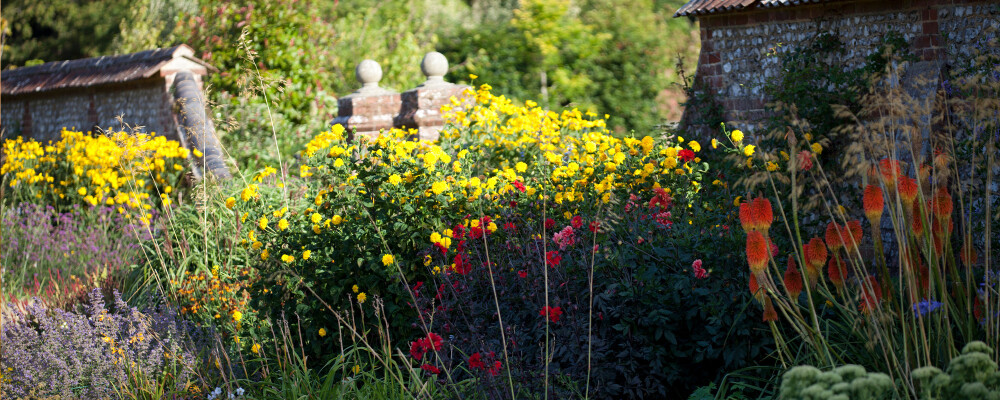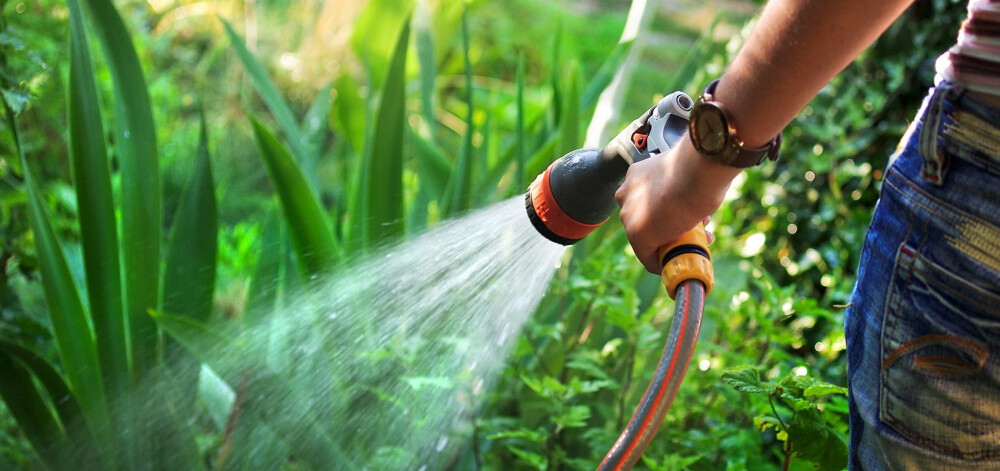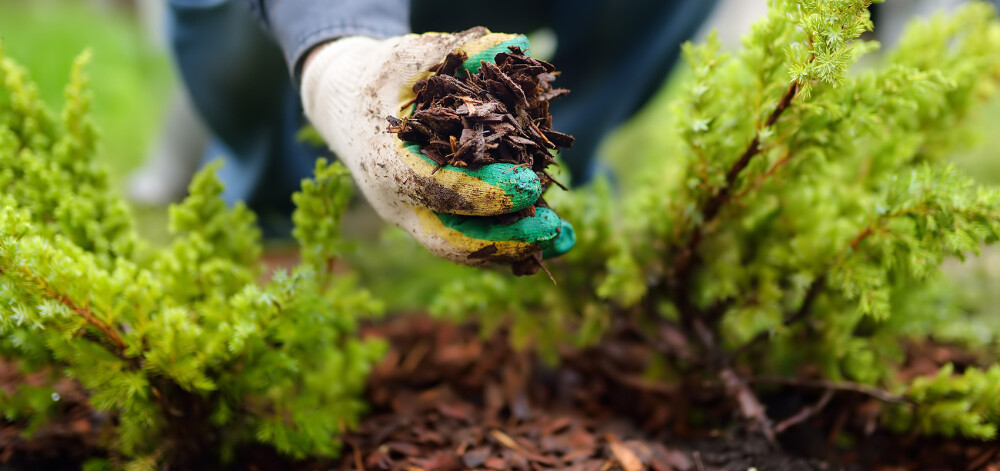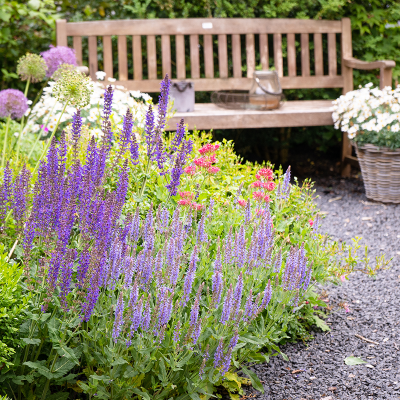Essential Garden Maintenance
Quench Your Garden's Thirst: The early bird catches the worm, and the early gardener catches the best watering time. Water your garden early in the morning to minimise evaporation and allow plants to absorb moisture before the day's heat takes its toll. This not only conserves water but also keeps your plants hydrated and happy.
Give your plants a refreshing drink that reaches their roots. Ensure deep watering to encourage strong root growth. Shallow watering can lead to weak roots and make your plants more susceptible to drought and wind damage.
Trim to Thrive: After spring bloomers have flaunted their colours, it’s time to give them a haircut. Trim back spring-flowering shrubs after they finish blooming to encourage new growth and prepare them for the next flowering season. This keeps them looking tidy and prevents them from becoming overgrown.
Deadheading is like giving your garden a mini-makeover. Remove spent flowers from annuals and perennials to promote continuous blooming and prevent seed formation. This simple task redirects the plant's energy into producing more flowers rather than seeds.
Winning the Battle on Weeds: A layer of mulch is your garden’s best friend. Apply it around plants to suppress weeds, retain moisture, and regulate soil temperature. Mulch not only reduces the amount of weeding you have to do but also keeps your garden looking neat and well-maintained.
Despite your best efforts, weeds will still try to invade your garden. Regularly inspect your garden and hand-pull weeds to prevent them from competing with your plants for nutrients and water. A little effort goes a long way in keeping your garden weed-free.
Nourish for Flourish: Your plants need a balanced diet, too. Use a balanced fertiliser to provide essential nutrients to your plants. Be mindful not to over-fertilise, which can lead to nutrient imbalances and plant stress. A well-fed garden is a healthy garden.
Compost is garden gold. Incorporate compost into the soil to improve soil structure, enhance nutrient content, and support beneficial microorganisms. Composting not only recycles garden waste but also enriches your soil naturally.
Tips for a Healthy Summer Garden
Shield from the Sun
· Shade Solutions: When the sun blazes down, provide some relief. Use shade cloth or strategically place taller plants to provide shade for more delicate plants. This helps prevent sunburn and keeps your plants from wilting in the heat.
· Mulching: Mulch not only suppresses weeds; it also keeps the soil cool and moist during hot days. A well-mulched garden stays resilient and requires less frequent watering.
Defend Against Invaders
· Natural Predators: Let nature’s pest control team do the work. Encourage beneficial insects like ladybugs and lacewings to control pests naturally. These tiny garden allies can significantly reduce pest populations without the need for chemicals.
· Organic Remedies: For those persistent pests, use organic pesticides or homemade solutions, such as soapy water, to tackle pest problems without harming the environment. Keep your garden safe for beneficial insects, pets, and people.
Green and Serene
· Mow Smart: A well-maintained lawn is the backdrop to your beautiful garden. Keep your lawn at a higher mowing height to reduce stress and retain moisture. Avoid cutting more than one-third of the grass blade length at a time to keep it healthy and lush.
· Aeration: Give your lawn some breathing room. Aerate your lawn to improve water penetration and root growth, ensuring a lush and resilient lawn. Aeration helps reduce soil compaction and promotes a robust root system.
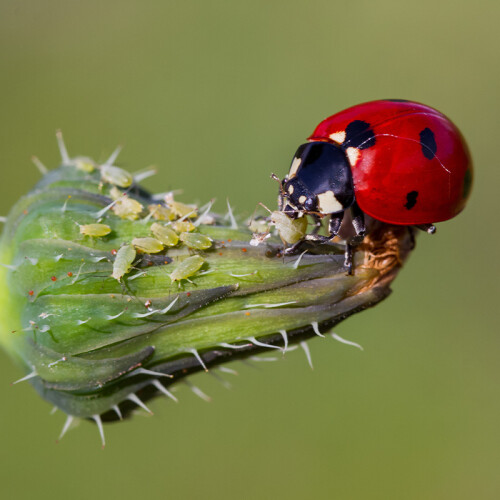
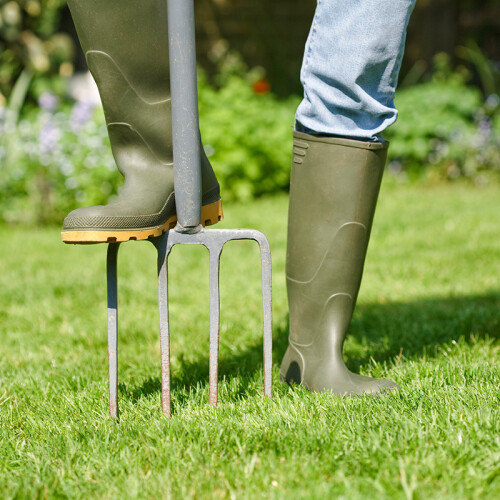
Tips for Solving Green Thumb Challenges
Battling the Dry Spell: Adopt efficient watering practices, such as drip irrigation or soaker hoses, to deliver water directly to the roots. Additionally, group plants with similar water needs together to optimise irrigation.
Feeding the Hungry Garden: Conduct a soil test to determine nutrient levels and adjust your fertilisation routine accordingly. Compost and organic fertilisers can provide a balanced nutrient boost. Pay attention to specific deficiencies, such as yellowing leaves, which may indicate a lack of nitrogen.


Your Garden Getaway Awaits
By following these essential garden maintenance tasks, tips for a healthy summer garden, and solutions to common challenges, you can ensure your garden remains a vibrant and thriving oasis throughout June and beyond.
Your garden is an extension of your home, and our dedicated maintenance team at Longstock Park Landscapes is here to ensure it reflects your style and taste while looking immaculate year-round. Contact us today or fill out our garden maintenance form to schedule a free consultation and take the first step towards a beautifully maintained garden.
Embrace the joy of gardening and let your green thumb shine!
